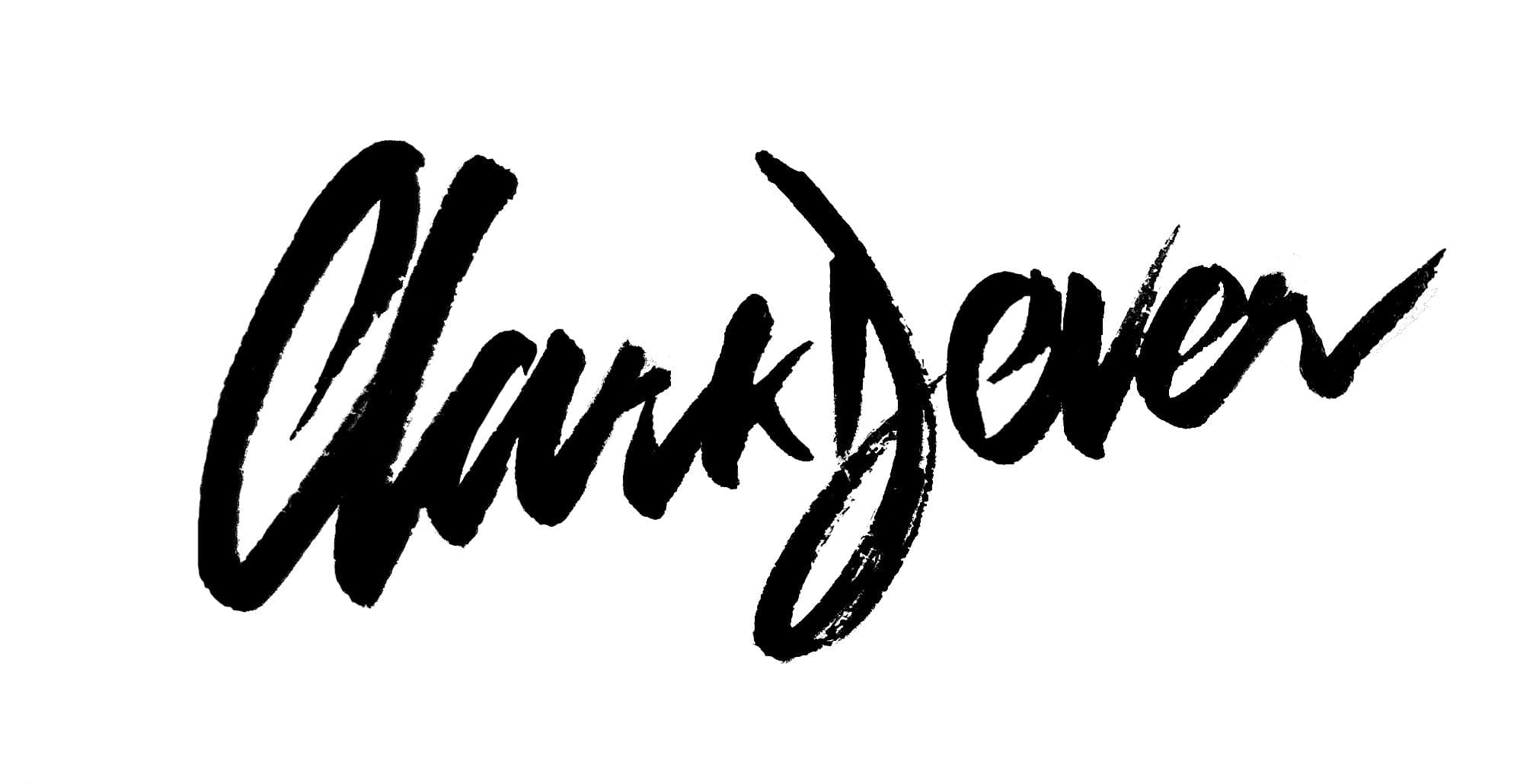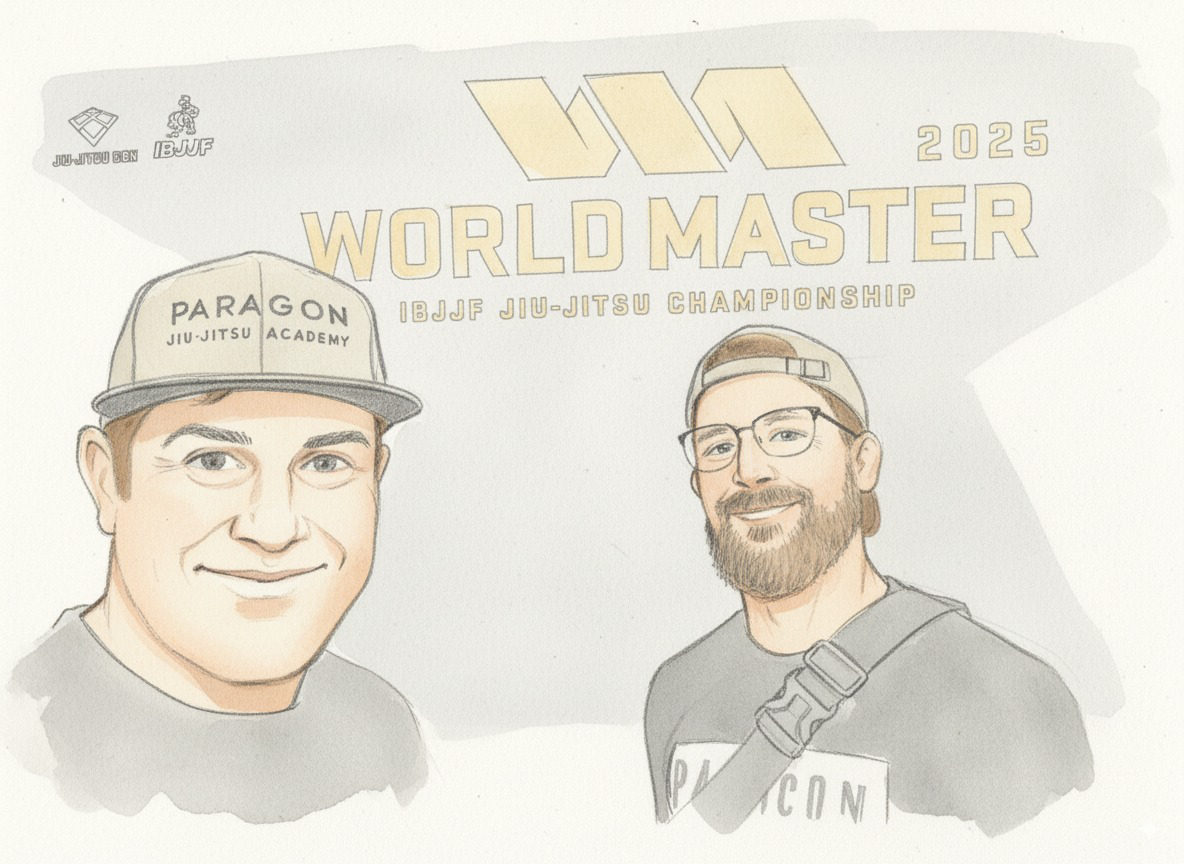TL;DR: Strategic Mindset Lessons from Masters Worlds
- Failure is just expensive data: Test your systems under pressure before the big stage; losses teach you what wins can't
- Stoicism as operating system: Combat is necessity, not mood; you control showing up and executing, not outcomes
- Energy management beats raw physicality: Make superior opponents work harder than you; fatigue them while conserving your own resources
- Systems thinking under pressure: Neutralize advantages, force unfavorable positions, play strategically when outmatched
- Team culture scales performance: Individual sports require collective support; no one fights alone, a real team invests in each others success
- Mental competition matters most: The real opponent is the voice telling you to play it safe, not the person across from you
Winning everything shouldn't be your goal. The path to winning is to invest in consistently outperforming the old version of yourself.
It took me a month to convince myself to sign up for Masters Worlds. The most intimidating competition in jiu-jitsu (for those of us over the age of 30), where legends are made and egos are destroyed on sixty mats running simultaneously in Las Vegas. After eight years of training, I knew it was time to test myself against the best in the world.
I've never been more proud of an athletic achievement. Not because I won gold, but because I proved that strategic thinking and mental toughness can compete with raw physical gifts when the pressure is highest.
Here's what happened when everything that could go wrong did go wrong.
Failure Is Just Expensive Data Collection
Smart competitors don't debut new techniques at the world championships. They test their systems under pressure first. That's why I signed up for the IBJJF Dallas Open six weeks before Masters Worlds. I needed data on my purple belt game before stepping onto the world stage.
Dallas crushed my ego and taught me everything I needed to know for Worlds.

I pulled guard (intentionally going to the ground first) against a 220-pound opponent. Bad strategy. When you weigh 220 pounds yourself, that's 440 pounds of human weight pressing down on your chest. Physics wins every time. The experience taught me that the meta (dominant strategy) in my division was wrestling first, ground fighting second.
The real mistake was my weight cut. I dropped five pounds in two weeks through diet, then sweated out five more pounds the day of competition. Dehydration led to cramping during a throw, which pulled my calf muscle and cost me a week of training with only three weeks left before Worlds.
But sometimes failure is just expensive information.
My coach Corey Stockton pushed me to enter Dallas, and I'm grateful he did. We studied the tape. Identified the failure modes. Created solutions. Grip breaks (techniques to prevent opponents from controlling your uniform). Trip entries (foot sweeps that off-balance opponents). A posture-first standup game that prioritized defense to fatigue opponents.
I drilled those adjustments for two weeks. They became essential when I faced the number four seed at Worlds.
When Stoicism Becomes Your Operating System
The setbacks multiplied as Worlds approached. Sunday before the competition, I developed a respiratory infection. The night before my first match, I learned that my high school friend Jonathan Stills had died suddenly in a car accident, leaving behind his wife and three children. I barely slept.

Jon was a leader in his community and a one-percenter in his craft. The kind of person who made everyone around him better. His loss hit like a physical blow.
(Please consider donating to this GoFundMe in his honor.)
That's when stoicism stopped being philosophy and became my operating system.
What has mood to do with it? You fight when the necessity arises, no matter the mood! Mood's a thing for cattle or making love or playing the baliset. It's not for fighting.
-Gurney Halleck, Dune

When I put on my gi, I think of it as armor. Combat is necessity, not mood.
That truth hit harder when I thought of Jon. I was sick, tired, grieving, but I was alive. I had the chance to compete at the highest level of something I loved. He didn't. So I dedicated my first match to him.
Strategic Energy Management Under Maximum Pressure
My opening match was against a Brazilian opponent. In Brazil, jiu-jitsu is woven into the culture itself. These athletes grow up surrounded by the art, absorbing technique and strategy from childhood. They compete with a level of technical precision and fearless aggression that's become legendary worldwide.

Using the foot sweeps we had been drilling, I scored two points from a takedown and immediately went chest-to-chest to prevent him from escaping. He secured my right leg in lockdown (a leg entanglement that controls distance), and we spent the remainder of the match battling from that position. The physical pressure on my leg was intense (I had significant bruising on the back of that knee for days after the match.)
But I was up two points and knew it. My strategy was energy conservation. I had potentially four more matches that day, with only six minutes of rest between each. That's a cardiovascular nightmare that demands efficiency over excitement.
I won by points. It wasn't flashy but it was effective.
Competing Against Superior Opponents
My second match was against the number four seed. He was stronger, faster, and had better technique. In a straight athletic contest, I'd lose every time. But competition isn't just about physical gifts. It's about systems thinking under pressure.
I spent the first three minutes neutralizing his grips (hand positions that control your opponent) and finding my own collar ties, forcing him to carry my weight. I intentionally and consistently gave ground in order to sap his strength and sink my weight onto him. I kept my posture straight and my breathing slow as I forced him to bend at the neck and waist, constricting his own ability to breathe, while also forcing him to lift my weight to right himself. My goal was simple: make him work harder than me. Fatigue him while conserving my own energy. Take him to the deepest depths of cardio hell, where your brain screams at you to quit so you can breathe again.

Watching my teammates compete earlier taught me that at Grand Slam events like Masters Worlds, everyone plays conservatively. Matches are often decided by a few points scored in the final minutes, when their opponent doesn't have time to respond. I also learned that at Worlds, no one quits, athletes who test themselves at that level are more resilient than your local competitors.
My match went the full five minutes and ended in a referee's decision. I lost, but I walked away knowing I wasn't outclassed. I had proven to myself that I belonged on those mats with the best in the world.
Systems Beats Individual Heroics
Corey Stockton deserves recognition for building the scaffolding at Paragon Jiu-Jitsu Austin that turns individual athletes into a unified team. As head coach, he walked over thirteen miles per day between the mats, providing real-time technical adjustments and strategic guidance. But his greatest achievement isn't his personal effort. It's the culture he's created where excellence becomes contagious.

At Worlds, we warmed each other up before matches. We brought water to exhausted teammates between rounds. We cheered victories and absorbed losses together. Jiu-jitsu looks like an individual sport to outsiders, but the only way to improve quickly is training with people who have more experience than you. When you practice a sport that requires trusting your teammate not to break your limbs or choke you unconscious, it creates bonds that go deeper than friendship.
That camaraderie translates to performance. "No one fights alone". There's always a teammate mat-side, we all know that our team has invested in our success. Two of our teammates, Laura Heiman and Heather Wajer, brought home gold medals. Heather won both her weight division and the absolute division (no weight limits), becoming the Champ Champ!
That kind of success doesn't happen without relentless preparation and strategic thinking that goes beyond an individual performance.
The Real Competition Was Against My Mind
Outside of competition, the trip offered moments that will always be milestones on this journey. I met Roger Gracie, the Michael Jordan of competitive jiu-jitsu, and Andre Galvao, another legend whose online instruction shaped my game. I attended both nights of the Craig Jones Invitational. Surrounded by thousands of jiu-jitsu enthusiasts, I felt like I was living in our community's memes come to life.

But the greatest lesson came from adversity itself. Injuries, illness, and grief tested my mental systems. But I had the mind game locked in thanks to advice from Laura, Heather, and Corey. With their coaching, I was able to use pre-visualization, mantras, and being present to walk on to the mat with confidence and clarity.
When you're playing an infinite game, outcomes are secondary data points. What matters is showing up, gathering information, identifying gaps, and continuous incremental improvements.
Most importantly, I was reminded that the real competition isn't against others. It's against the inner voice that tells you to play it safe.
The Thing That Scares You Is The Thing You Should Do
It took me a month to convince myself to sign up for Masters Worlds. The registration fee, travel costs, and risk of public failure all seemed like good reasons to wait until next year. Fear disguised as rational decision-making.
That's the trap that kills most ambitious projects before they start. You convince yourself you need more preparation, better conditions, or lower stakes. But the thing that scares you is usually the thing that will teach you the most about your own capabilities.
I've competed in business, built startups, and taken calculated risks for two decades. Nothing prepared me for the mental challenge of stepping onto those mats while sick, grieving, and facing opponents who were objectively better than me.
And nothing has made me more proud of my ability to perform under pressure.
The data from Masters Worlds will make me stronger in my next competition. More importantly, it proved that showing up and executing your systems can put you among the best in the world at what you love.
You only live once. Take the big risks that scare you. The thing you're avoiding might be the thing that changes everything.
What's the Masters Worlds equivalent in your life? What competition, opportunity, or challenge have you been avoiding because it feels too intimidating? Sometimes the scariest step is the one that proves you belong.

